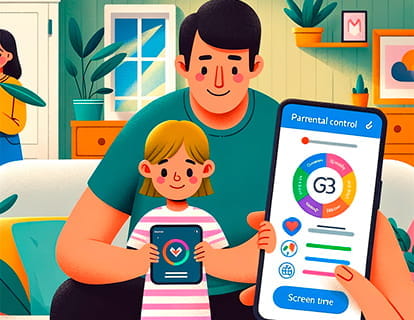Screen pinning on TCL 20E
How to pin the screen on an TCL 20E?
There are times when you need someone else to use your TCL 20E either to see a photo, a video, use an application or visit a web page, but you do not want them to be able to access the rest of the applications and data on your device either by privacy, security or to avoid mistakes.
For example, there are times when you need to give the TCL 20E to a friend, family member or even a small child and you do not want them to leave that app that you have opened. This is very useful, for example, so that young children can watch videos on YouTube without leaving the application and you can even prevent them from doing anything other than watching, that is, blocking the touch panel until you want.
Imagine that you want to let someone see a photo or video from Instagram but you don't want them to be able to “like” that publication or see the rest of the publications and “gossip”, since it is possible to do so on your TCL 20E, follow the following steps and we will tell you how to configure it.
This feature is only available from Android version 9, the TCL 20E comes from the factory with version Android 11, TCL UI.
Estimated time: 2 minutes.
1- First step:
As most Android functions “Screen pinning” must be activated from the TCL 20E settings, for this, click on “Settings” to start with the configuration.
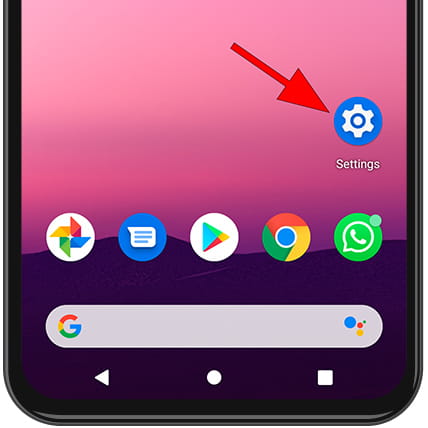
2- Second step:
Scroll down the TCL 20E settings, look for the section called “Security”, click to access.
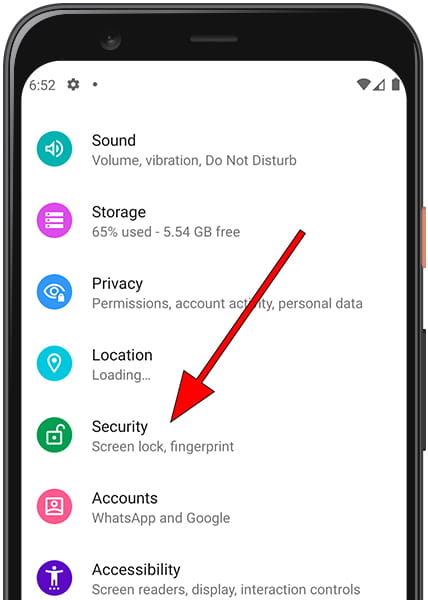
3- Third step:
The pin screen function is a bit hidden in the TCL 20E settings so you must click on “Advanced” to access these hidden settings.
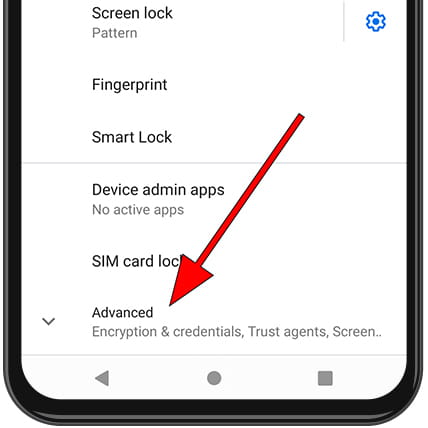
4- Fourth step:
Scroll down through the TCL 20E screen until you find the “Screen pinning” section, press to activate it and define its settings.
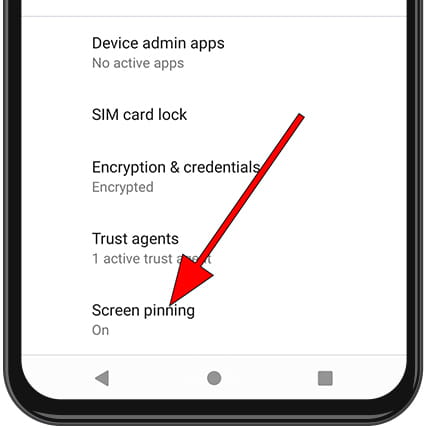
5- Fifth step:
Press to activate “Screen pinning” if it is not active.
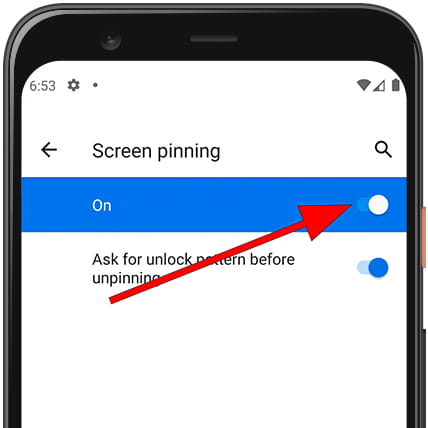
6- Sixth step:
Click on “Ask for unlock pattern before unpinning” if you want to enter a different code from the one you have to unlock the TCL 20E, in this way you can protect your personal unlock code or pattern.
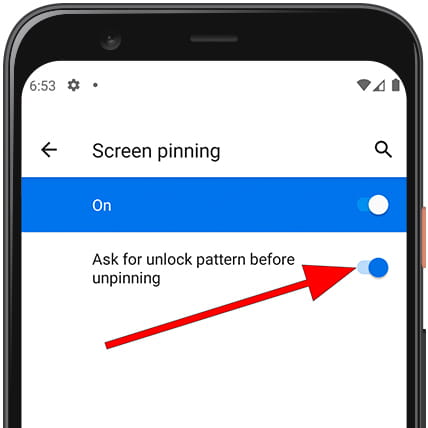
7- Seventh step:
You have already activated this very interesting function to loan the TCL 20E to someone else. Now to test how it works or put it to use you must open the application that you want to “pin” or keep open and from which you will not be able to exit without unlocking the 20E, once opened you must click on the recent applications button, it is of the square button at the bottom right of the screen of your 20E.
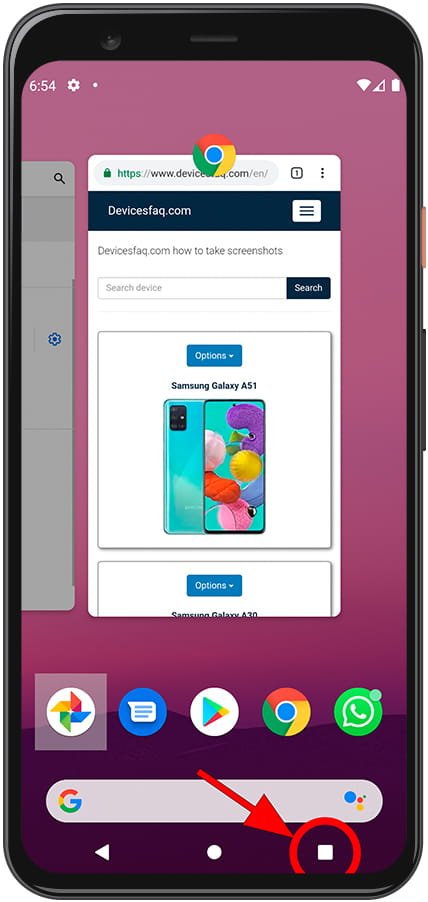
8- Eighth step:
Now click on the icon of the application that you want to “pin on the screen” to display the menu of available options.
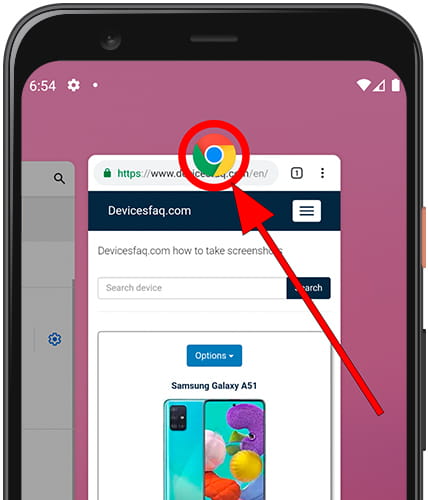
9- Ninth step:
Among the options that will now appear displayed, you will see “Pin” next to the icon of a thumbtack or tack. Press to pin this application on your TCL 20E.
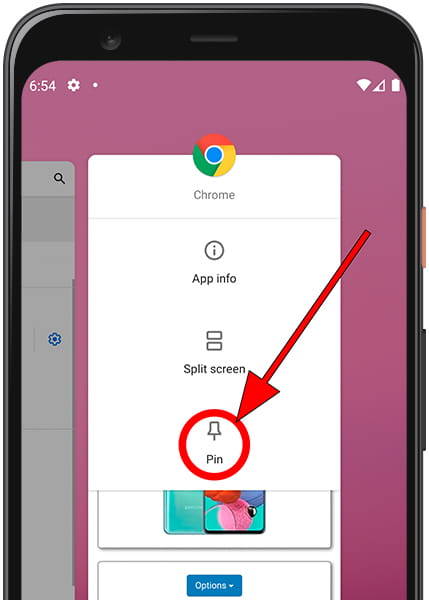
10- Tenth step
You already have the application fixed on the screen, anyone using your TCL 20E will not be able to exit the application without knowing the unlock code or pattern that you have defined. When you have finished and you want to deactivate or stop setting this application, you must press and hold the back and recent applications buttons at the same time as seen in the image below.
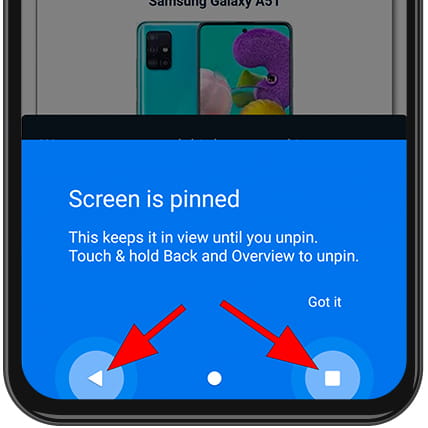
With these simple steps you have learned to activate and use “Screen pinning” in your TCL 20E, once configured you can use it at any time by pressing the recent applications button as shown in point seven.

